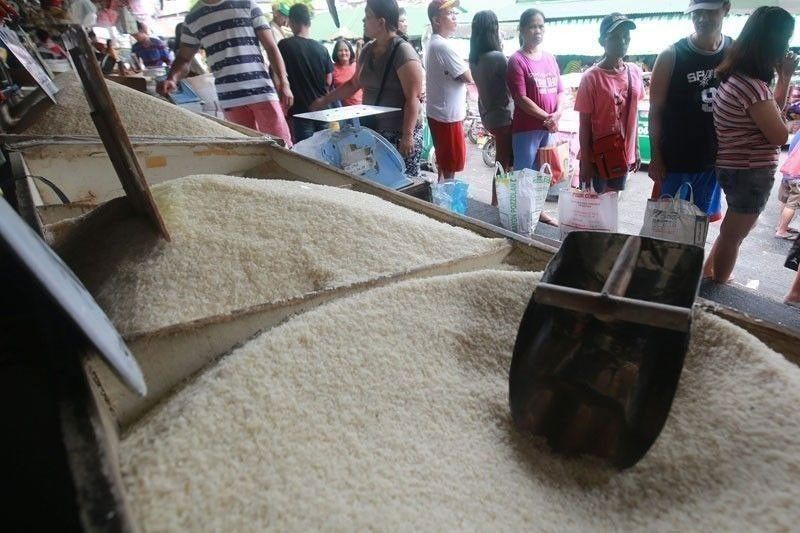DA urged to calibrate rice imports

MANILA, Philippines — Local farmers are calling on the government to properly manage and calibrate rice imports to avoid another supply glut that might pull down farmgate prices anew.
The Federation of Free Farmers is urging the Department of Agriculture to manage rice importation even as the agency continues to encourage farmers to expand their production amid the coronavirus disease pandemic.
Agriculture Secretary William Dar recently said import sanitary permits have already been issued for 1.8 million metric tons of rice and that the DA is now interceding with exporting countries like Vietnam to honor their supply contracts. The government is also planning to import another 300,000 MT.
“If all these imports come in, we would end up with a surplus of over a million tons in 2020. This glut will inevitably lead to a fall in palay (unhusked rice) prices and end up penalizing the very rice farmers that the DA wanted to support,” FFF national manager Raul Montemayor said.
“In fact, the 2.1 million MT of rice imports are already more than enough to cover the domestic shortfall in production, even without having to spend P8.5 billion for a supplemental program,” he said.
The government approved an P8.5 billion supplemental budget for DA’s Rice Resiliency Project that would improve the country’s level of rice self-sufficiency and make it less reliant on imports.
DA said the total rice requirement of the country this year would be 14.46 million MT. The DA’s regular programs amounting to P17 billion would generate an output of 12.6 million MT, equivalent to 83 percent of the country’s requirement.
The supplemental program would, in turn, yield an additional 867,184 MT, bringing the self-sufficiency level to 93 percent. The balance of seven percent of national requirements, or 978,392 MT of rice, would then be serviced by imports.
The FFF questioned the DA’s assumption that imports would be limited to seven percent of local requirements given that the Rice Tariffication Law (RTL) has removed all restrictions on the volume and timing of imports.
FFF reiterated its proposals for the DA to avail of trade remedies such as safeguard duties which would allow the government to temporarily impose additional tariffs on rice imports to mitigate the harm inflicted on local rice farmers.
The group further advised the DA to review the cost-efficiency of its interventions under the proposed P8.5 billion Rice Resiliency Project.
“The figures indicate that the DA will end up spending P9.80 for every additional kilo that will be produced under the new program. In comparison, the regular rice program will spend only P1.35 for every kilo of output,” Montemayor said.
“If the DA is able to find a more cost-effective ways to increase local production, it can provide support to more farmers and to a larger area without any additional cost to the government,” he said.
- Latest
- Trending































